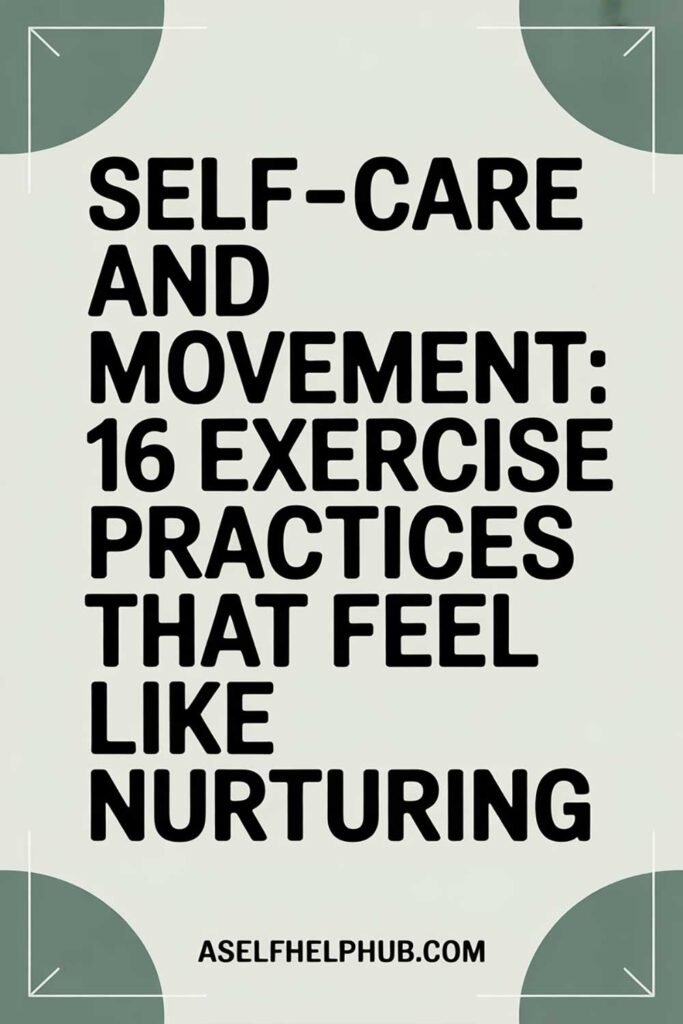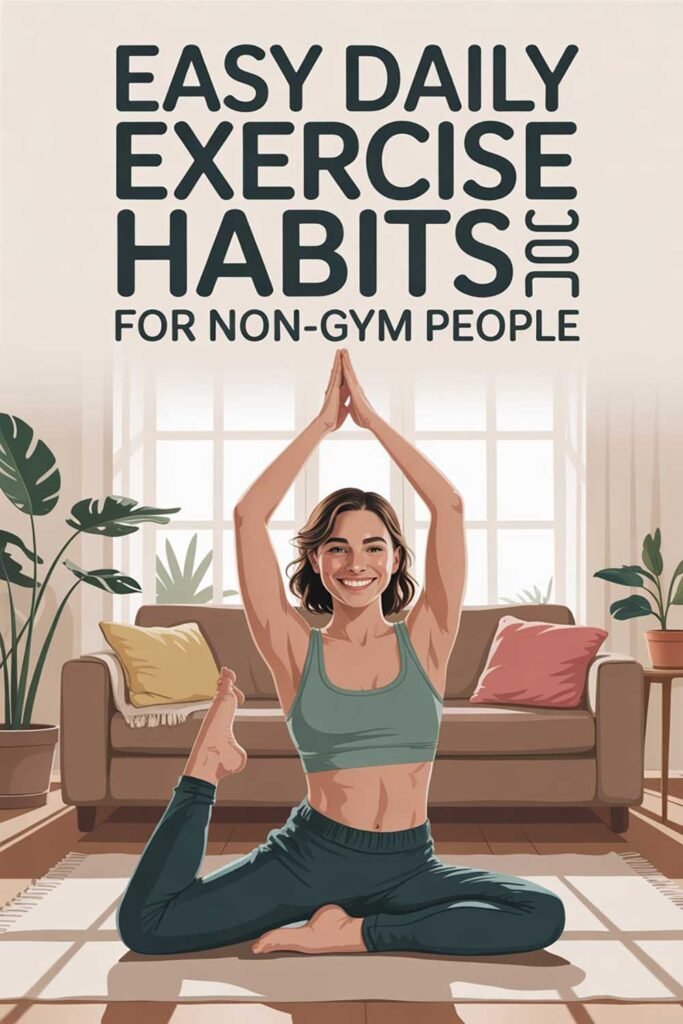
How to Create a Self-Care Routine That Sticks
A self-care routine is essential for maintaining balance, reducing stress, and improving overall well-being. However, creating a routine that you can stick to long-term requires intention, consistency, and personalization. Whether you’re new to self-care or looking to refine your current habits, following a structured approach will help you sustain a meaningful practice.

Why a Self-Care Routine Matters
A self-care routine isn’t just about luxury—it’s about prioritizing your well-being. The benefits of self-care include:
- Reduced stress and anxiety
- Increased emotional resilience
- Improved physical health and energy levels
- Enhanced focus and mental clarity
- Strengthened relationships due to better emotional balance
Steps to Creating a Self-Care Routine That Lasts
1. Assess Your Needs and Priorities
Before designing a self-care routine, take time to evaluate your personal needs. Ask yourself:
- What activities help me feel recharged and refreshed?
- Which areas of my life feel neglected (physical, mental, emotional, social, or spiritual)?
- What small actions make me feel more balanced?
2. Start with Small, Manageable Steps
Trying to overhaul your entire lifestyle overnight can lead to burnout. Begin with small, achievable habits that fit into your current routine.
- Start with just 5-10 minutes of self-care each day.
- Choose 1-2 key areas to focus on first (e.g., relaxation or movement).
- Gradually increase time and variety as self-care becomes a habit.
3. Create a Realistic Schedule
Self-care should be consistent but flexible. Integrate it into your daily routine by:
- Setting aside specific times each day (morning, lunch break, or evening wind-down).
- Scheduling self-care like any other important commitment.
- Keeping a balance between planned and spontaneous self-care activities.
4. Incorporate Different Types of Self-Care
A well-rounded routine includes various forms of self-care to nurture your mind, body, and emotions.
Physical Self-Care:
- Regular movement (walking, yoga, stretching)
- Proper sleep (7-9 hours per night)
- Eating nourishing foods and staying hydrated
Emotional Self-Care:
- Journaling or practicing gratitude
- Engaging in hobbies that bring joy
- Seeking therapy or talking to a trusted friend
Mental Self-Care:
- Reading or learning something new
- Limiting social media and digital distractions
- Practicing mindfulness or meditation
Social Self-Care:
- Spending quality time with loved ones
- Setting healthy boundaries
- Joining supportive communities or groups
Spiritual Self-Care:
- Practicing meditation or prayer
- Spending time in nature
- Engaging in acts of kindness or volunteering
5. Eliminate Barriers to Self-Care
Identify potential obstacles that prevent you from maintaining a routine and find ways to remove them.
- Lack of time? Prioritize self-care in small increments.
- Feeling guilty? Remind yourself that self-care enables you to show up better for others.
- Unmotivated? Pair self-care with an existing habit to make it easier.
6. Stay Flexible and Adjust as Needed
Life changes, and so should your self-care routine. Adapt your routine based on your current needs and lifestyle.
- Modify your activities if something no longer feels fulfilling.
- Allow yourself grace when you miss a day or need to adjust your schedule.
7. Track Your Progress and Reflect
Journaling or using an app to track your self-care habits can help you stay accountable and recognize improvements in your well-being.
- Write down what activities helped you feel better.
- Reflect on how consistent self-care impacts your mood and stress levels.
- Adjust and refine your routine based on your reflections.
Picture This
Imagine waking up each day with a sense of calm and purpose. Your self-care routine fits naturally into your lifestyle, supporting your mental clarity, energy levels, and emotional well-being. Instead of feeling overwhelmed or burned out, you feel balanced and recharged. With small, consistent actions, you’ve built a routine that truly supports your well-being.
What’s one small self-care habit you can start today?
Please Share This Article
If you found this guide helpful, please share it with others who might need help establishing a self-care routine.Prioritizing self-care leads to a healthier and more fulfilling life!






